Possible Duplicate:
How to minify php page html output?
Any reason not to strip whitespace in HTML
I viewed some page sources and found some difference between them - some with indents some doesn't. The first screen capture is google's page source, and the second SO's.
I want to know whether eliminating those spaces improve page loading speed or it means smaller data flow from server to client. If doing so is meaningful, how do i do it before output data from server(I use PHP).
Without spaces-Google's page source:

With spaces-SO's page source:
